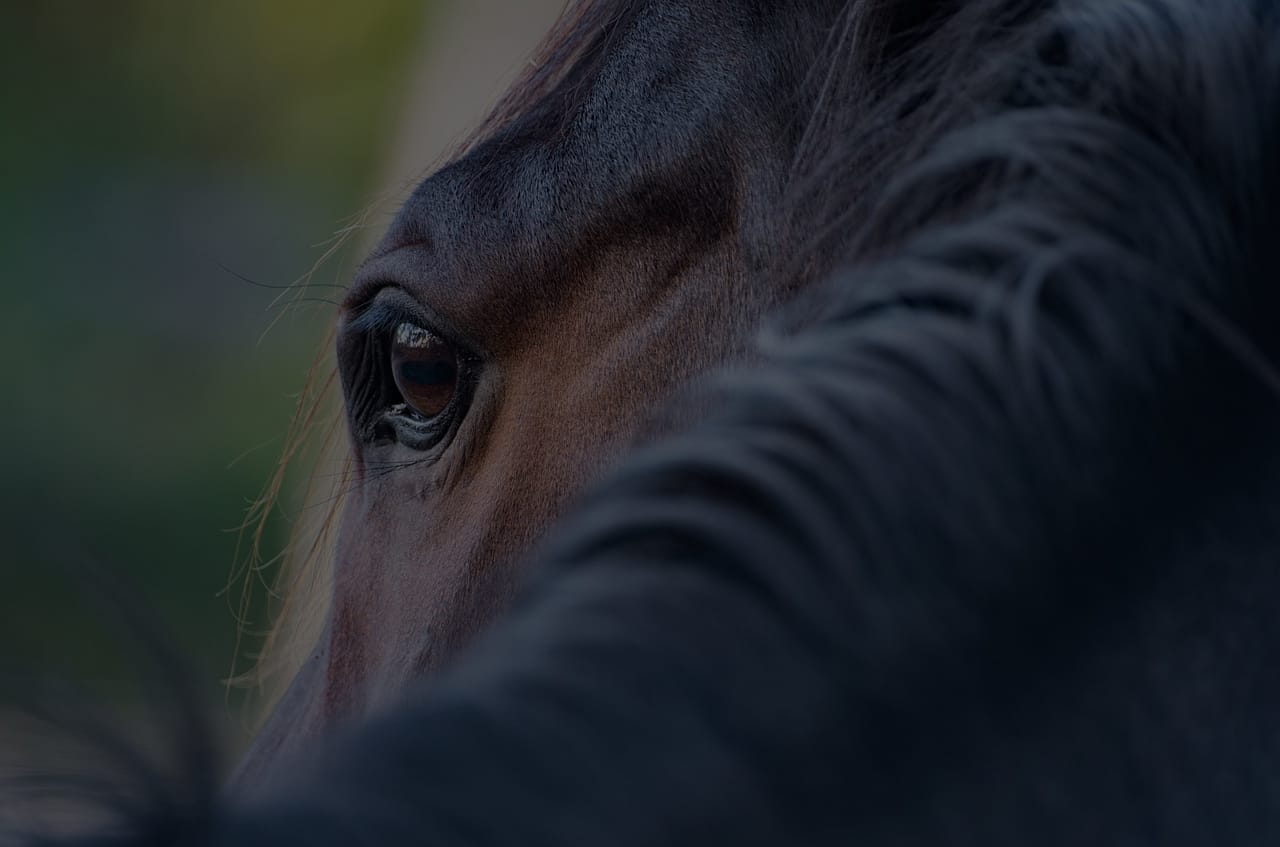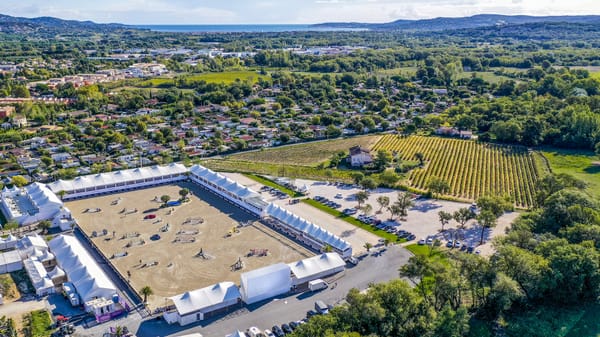Expired drugs behind open doors
An investigation into a high-profile equestrian operation in Scandinavia has revealed troubling details about the management of veterinary substances and stable protocols.

The facility in question houses around 70 horses and operates across three stable buildings, with a focus on breeding, sales, and competitive sport.
The horse that initiated the investigation tested positive for a banned substance and was kept in the upper stable. A stable that also doubles as a storage area for medications used in the breeding program.
However, the way these substances were handled raises serious red flags.
The drugs were stored in an unsecured room with no lock on the door, and within it, the investigators found a significant stockpile of veterinary pharmaceuticals and medical supplies, ranging from bandages and syringes to a wide range of medications.
Among the substances discovered were several that are strictly prohibited in competition.
These included prescription-only painkillers and anti-inflammatory drugs, such as the well-known phenylbutazone—a substance that’s been under tight regulation due to its strong effects and potential to mask pain in horses.
To make matters worse, many of the medications lacked proper labelling, with no indication of which horse they were prescribed for. Some of the products were also expired, further highlighting a relaxed approach to medical safety and oversight.
While no final conclusions have been drawn yet, the findings paint a concerning picture of how substances are stored and potentially administered within competitive stables.
With animal welfare and fair play on the line, the spotlight is once again on equestrian sport’s ongoing battle against prohibited medication and sloppy stable practices.

Buy Me a Coffee
Buy Me a CoffeeThe accused
Despite the presence of veterinary drugs on the premises, the accused claims that no treatment journal exists for the horse in question—because, according to them, the horse has never been treated with any prescription medication.
They state they are entirely unaware of how the prohibited substance ended up in the horse’s system and are unable to offer a plausible explanation for the positive test result.
Their own theory?
That the horse must have come into contact with the substance while stabled at the competition venue.
The accused further suggests that an unknown individual may have administered the drug in some unknown manner during the event. This possibility has been reported to the police.
In their own attempt to investigate the situation, the accused has tried to determine whether the horse that previously occupied the competition stall had received any kind of treatment, or if there were any established cleaning and disinfection routines in place between horses.
So far, these efforts have yielded no concrete answers as to how the substance entered the horse's system.
As for the significant stockpile of medications discovered in the unlocked room at the farm, the accused defends it by citing the needs of an extensive breeding and semen collection operation.
Two veterinarians are said to regularly visit the facility to treat horses and prescribe medications as needed.
When asked why the drugs were not labeled for specific horses, the accused could not provide a clear answer.
The reason for keeping the room unlocked, they explain, is to ensure easy access for stable staff tending to, for instance, mares post-foaling.
The outdated and expired medications? Forgotten and left behind, or so they claim.
In the end, the unanswered questions remain.
So while the presence of medications might be explainable, the positive test result is not—at least not yet..
More on doping 👇🏻

What do you think? Please leave a comment in the comment section 👇🏻







